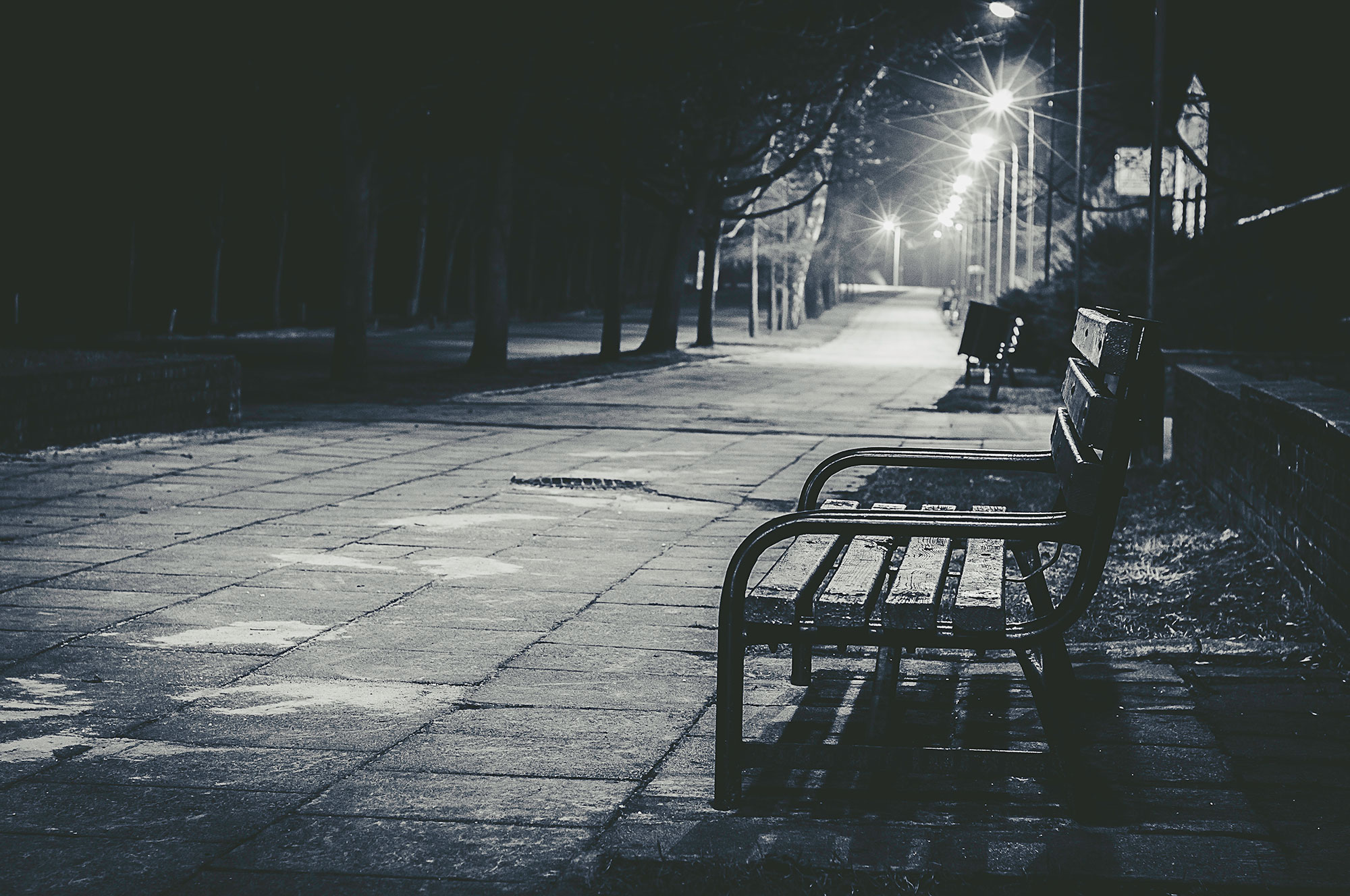About Homelessness
Homelessness is an extreme form of poverty and social exclusion. Simply put, people who are homeless do not have safe, affordable, appropriate, permanent housing to which they can return whenever they choose. This includes people who are absolutely homeless and are living on the streets or in shelters, the ‘hidden homeless’ who are staying with friends, relatives or in institutional settings, and those ‘at risk’ of homelessness, whose current economic and housing situation is precarious.
Homelessness can result from a combination of individual and structural factors.
Individual factors that can contribute to homelessness include: deep poverty, mental or physical illness, addiction, trauma, abuse, lack of education and a lack of supportive relationships.
Structural causes of homelessness are social and economic in nature, and are often outside the control of the individual or family concerned. These may include: poverty; a lack of affordable housing; housing policies; the structure and administration of government support; and wider policy developments, such as the closure of psychiatric hospitals.
For more information visit The Canadian Observatory on Homelessness or visit our Resources page.































